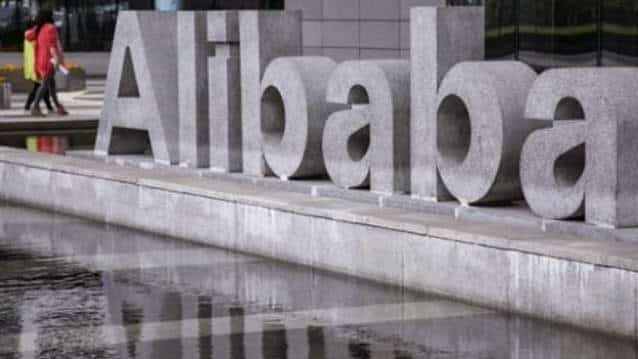Alibaba Singles’ Day sales smash records at $6 billion

Alibaba said more than $6 billion of goods have been sold so far during its annual Singles’ Day online shopping frenzy, as customers jumped on heavily discounted goods to send sales surging past 2013’s record high.
More than 39 billion yuan ($6.4 billion) worth of goods was sold on the e-commerce giant’s websites 15 hours into the event on Tuesday, with another nine to go. Less than eight weeks after its public share listing in New York, which set its own $25 billion record, expectations for this year are high.
Alibaba did 35 billion yuan in business during last year’s festival, and Tech research firm IDC predicts this year’s total gross merchandise volume (GMV) will reach $8.62 billion. Less than 18 minutes into this year’s “11.11 Shopping Festival”, GMV had already hit $1 billion, the company said.
The numbers are boosted by Alibaba’s “pre-sales initiative”. Merchants advertised Singles’ Day prices as early as Oct. 15, taking deposits for the items but only processing full payments and shipping the goods on Singles’ Day itself. Though the 27,000 vendors that take part can boost their sales and gain customers by being featured on Alibaba’s Singles’ Day shopping sites, some have also complained the sharp discounts and cut-throat corporate rivalry undercut the benefits.
Chinese e-commerce rival JD.com said on its official Twitter account that orders in the first 10 hours of Singles’ Day had more than doubled compared with last year, up 140 percent. China’s Xiaomi, the world’s third-largest smartphone maker, which also uses the Singles’ Day festival to boost turnover, said on its official Weibo account its sales had so far surpassed 1.2 billion yuan, selling more than 853,000 phones.
The “11.11 Shopping Festival”, which Alibaba says is the world’s biggest 24-hour online sale, began in 2009 when just 27 merchants on the company’s Tmall.com site offered deep discounts to boost sales during an otherwise slack period.
This year’s festival is global, reaching shoppers in more than 200 countries, the company said.
Reuters












